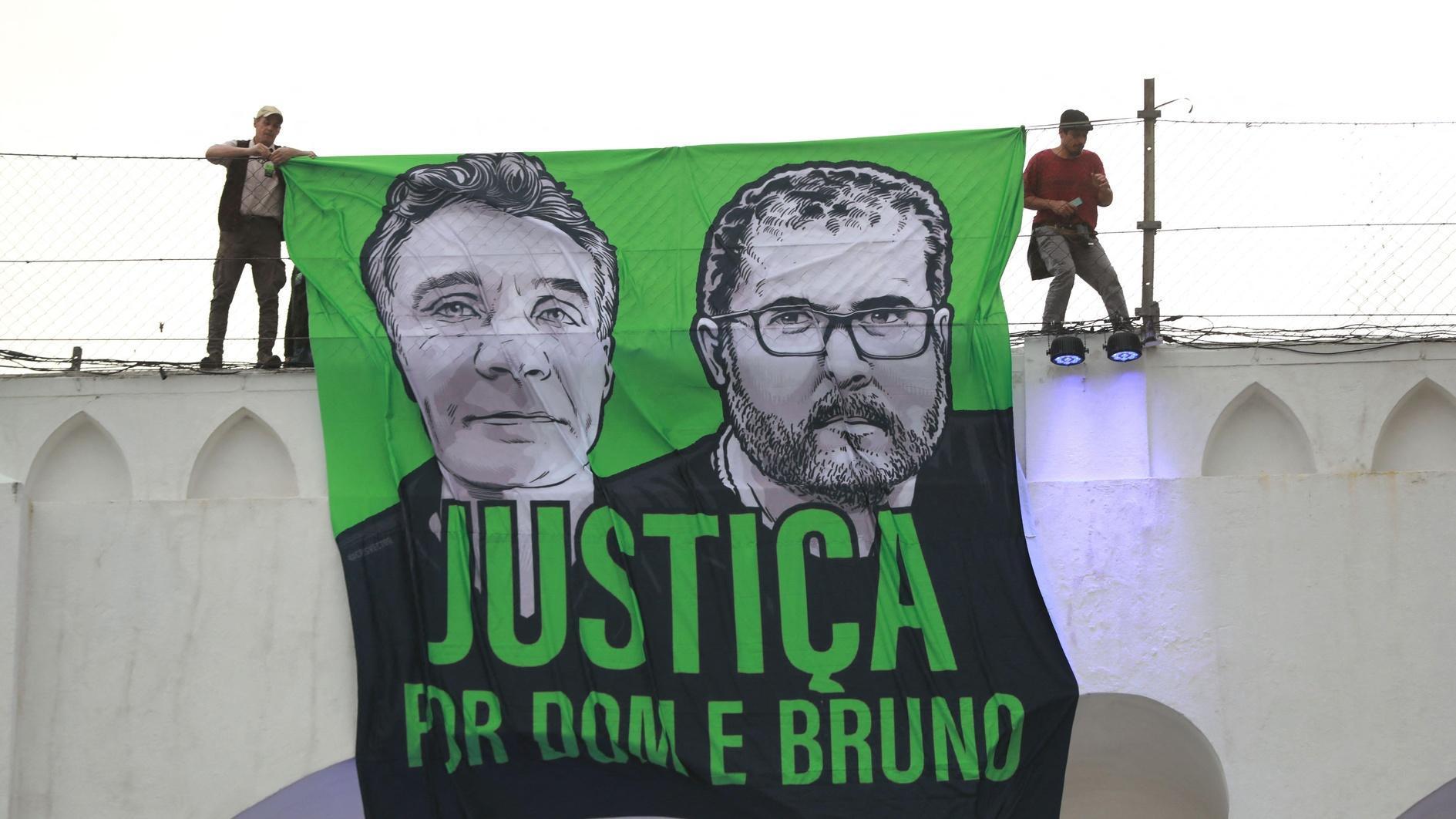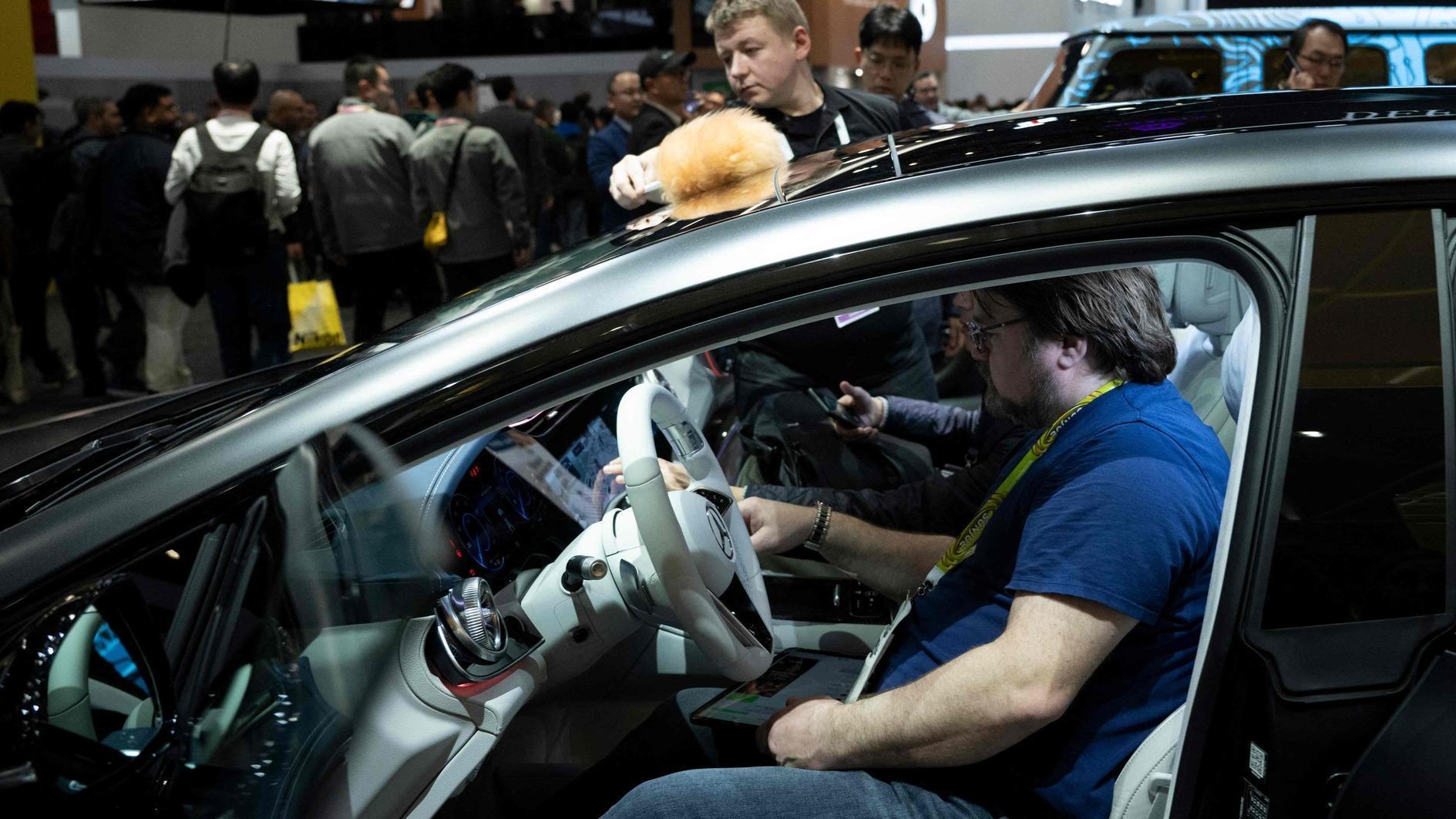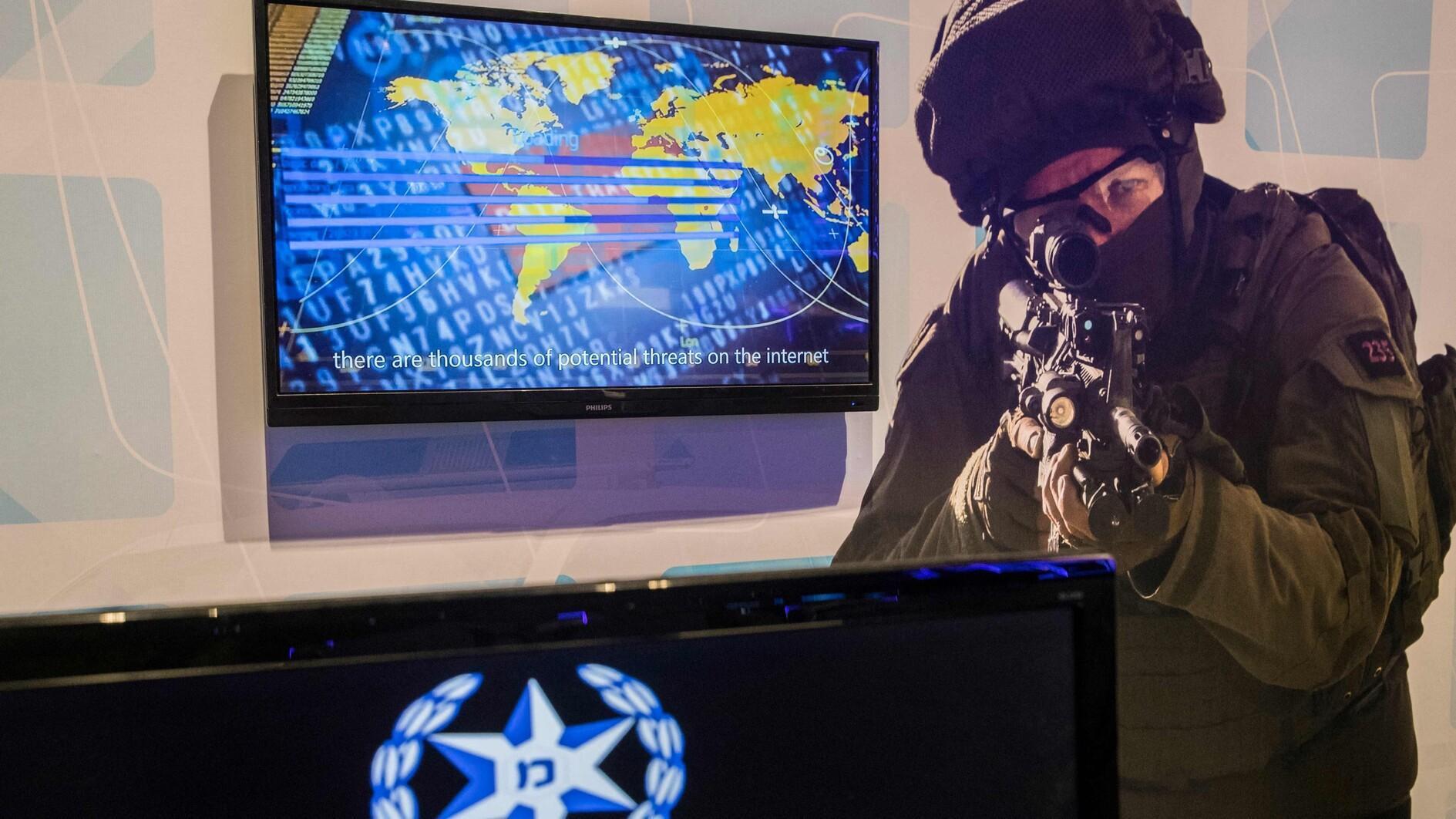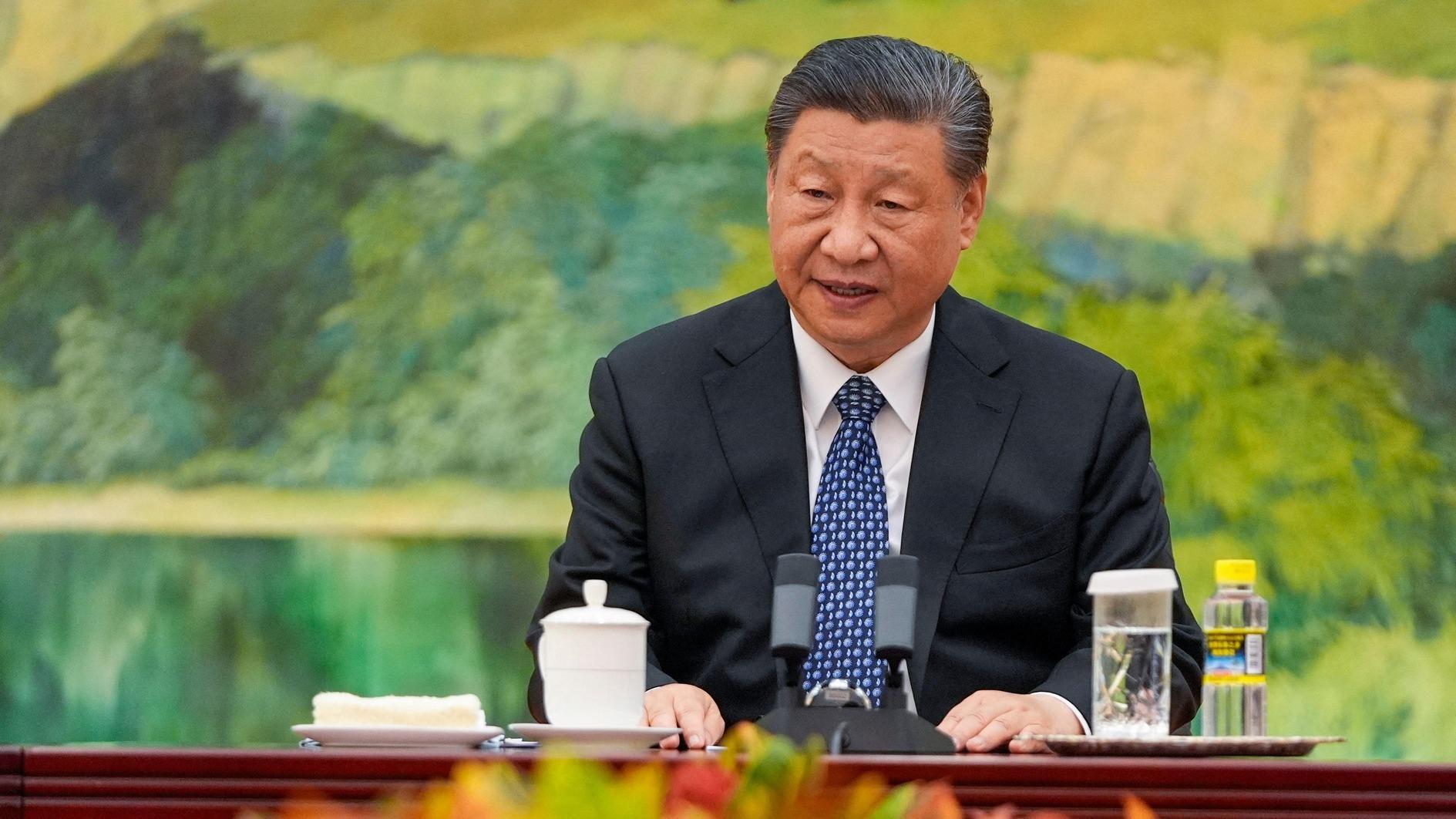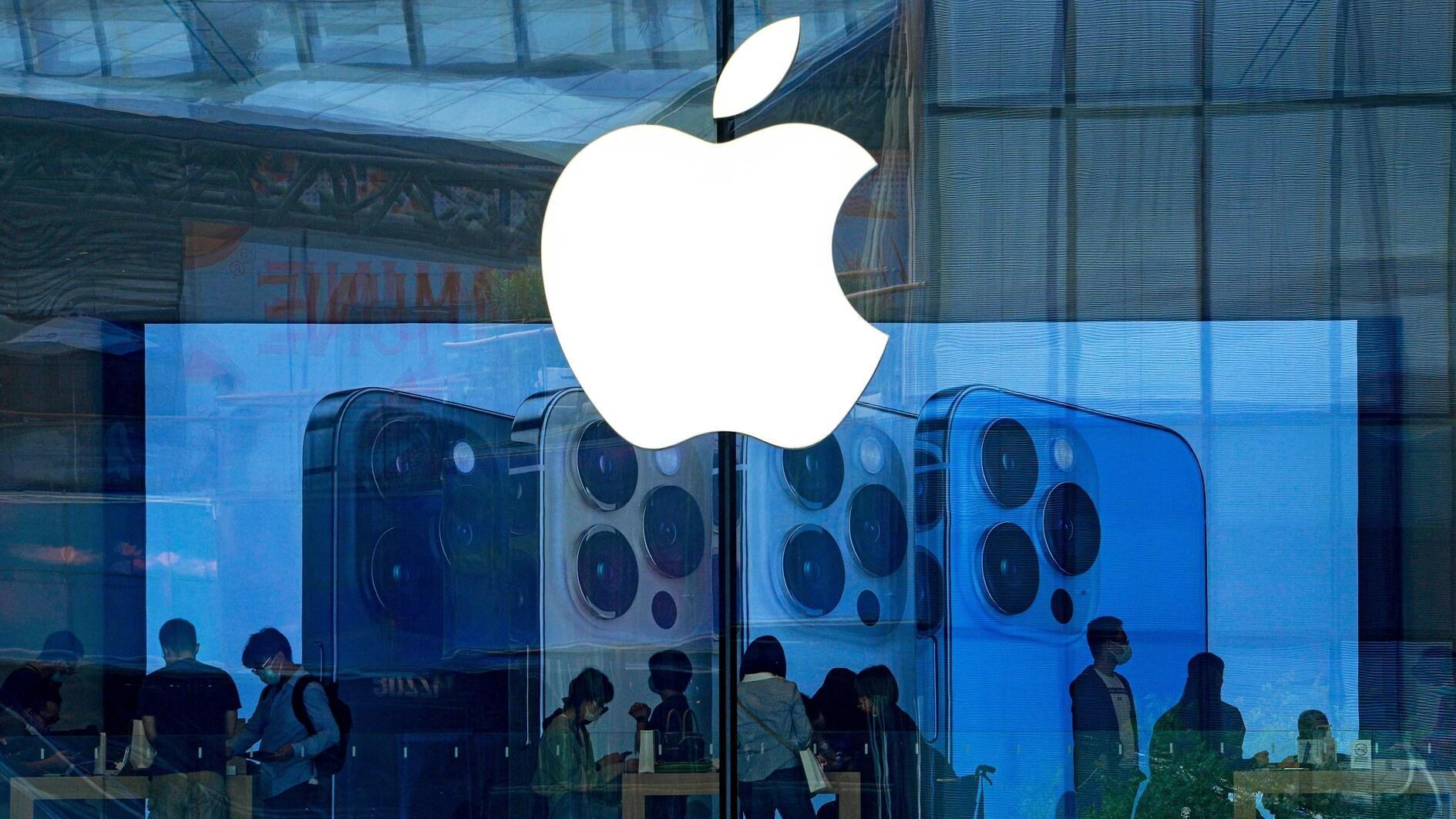Turkey cornered by a dangerous impasse
The Syrian crisis has turned into a confusing mess in the minds of ordinary Turkish citizens. Truths, half-truths, urban legends and attempts at manipulating public opinion have all become intertwined.
No one really knows what the truth is behind the two terrorist attacks which took place in the heart of Ankara within the space of four months, turning our capital city into a bloodbath.
Meanwhile, official statements in Turkey and the United States – two supposedly “strategic partners” – following the highest-level meetings between the sides do not corroborate each other either.
One side claims that the other “has started seeing the truth about the Democratic Union Party (PYD) in Syria,” meaning that it has come around to accepting that this group is a terrorist organization. The other side, however, does not say anything to substantiate this.
Our foreign minister insists that his U.S. colleague “told him they do not trust the PYD.” People naturally ask themselves, “If so, why does he not say this himself?” Adding to the confusion, spokespersons for the U.S. administration indicate openly that unless they have evidence that would force them to change position, they will continue to trust and work with the PYD and its military wing, the People’s Protection Units (YPG).
Not surprisingly, we are surrounded by citizens who say “Damn Syria! How did we ever get into this mess? What do I care about Syria when Turkey is increasingly threatened?” Those who try to study the matter more deeply, on the other hand, still do not understand what Ankara’s strategy in Syria is.
Beginning to shell YPG positions in northern Syria is, of course, a show of determination by Turkey and has added a new dimension to the overall game which no one can overlook. What is not clear, however, is whether this will bring the expected results and increase Turkey’s security.
Most people fear that rather than doing that, it will drag Turkey into a war which a majority does not want. People also note that the decision to shell the YPG has not only deepened ties between the PYD and Russia, but is also driving the PYD into closer cooperation with the Syrian regime.
This is, after all, a part of the world where, “the enemy of my enemy, even if he was my enemy in the past, is my friend today.”
So what happens if the Syrian regime, with support from Russia and the PYD, advances west of the Euphrates River which Ankara has declared a no-go zone for Syrian Kurds?
Will Turkey start shelling them, too? Let’s say it did. Will the Syrian regime and Moscow, which has been spoiling for a fight with Ankara since Turkey downed one of its fighter jets in November 2015, just sit back and do nothing?
In the background to all this we have the foreign minister of Luxembourg, who claims he is also speaking for other NATO members, and says that the alliance will not get involved if Turkey military engages Syria or Russia.
If that is the case, how can Turkey rely on NATO – given that decisions there are taken unanimously – even though the alliance’s secretary-general has repeatedly said they support Turkey’s territorial integrity?
Let’s say NATO did not come to Turkey’s assistance; will the U.S., Britain, France and even Germany, despite the fact that Chancellor Angela Merkel is saying now that she supports the idea of a safe zone in Syria, rush to help?
Meanwhile, our prime minister is openly expressing his doubts now that friendly Arab regimes will rush to help if Turkey gets militarily involved in Syria.
No one has real answers to the vital questions posed by the situation Turkey is in. If we put aside the most blinded and hardened government supporters aside, the majority of Turks are also sensible enough to see the increasingly dangerous impasse their cornered country is in.
The fact that the government insists on continuing as it is, despite this dire situation, is only adding to their concerns.



